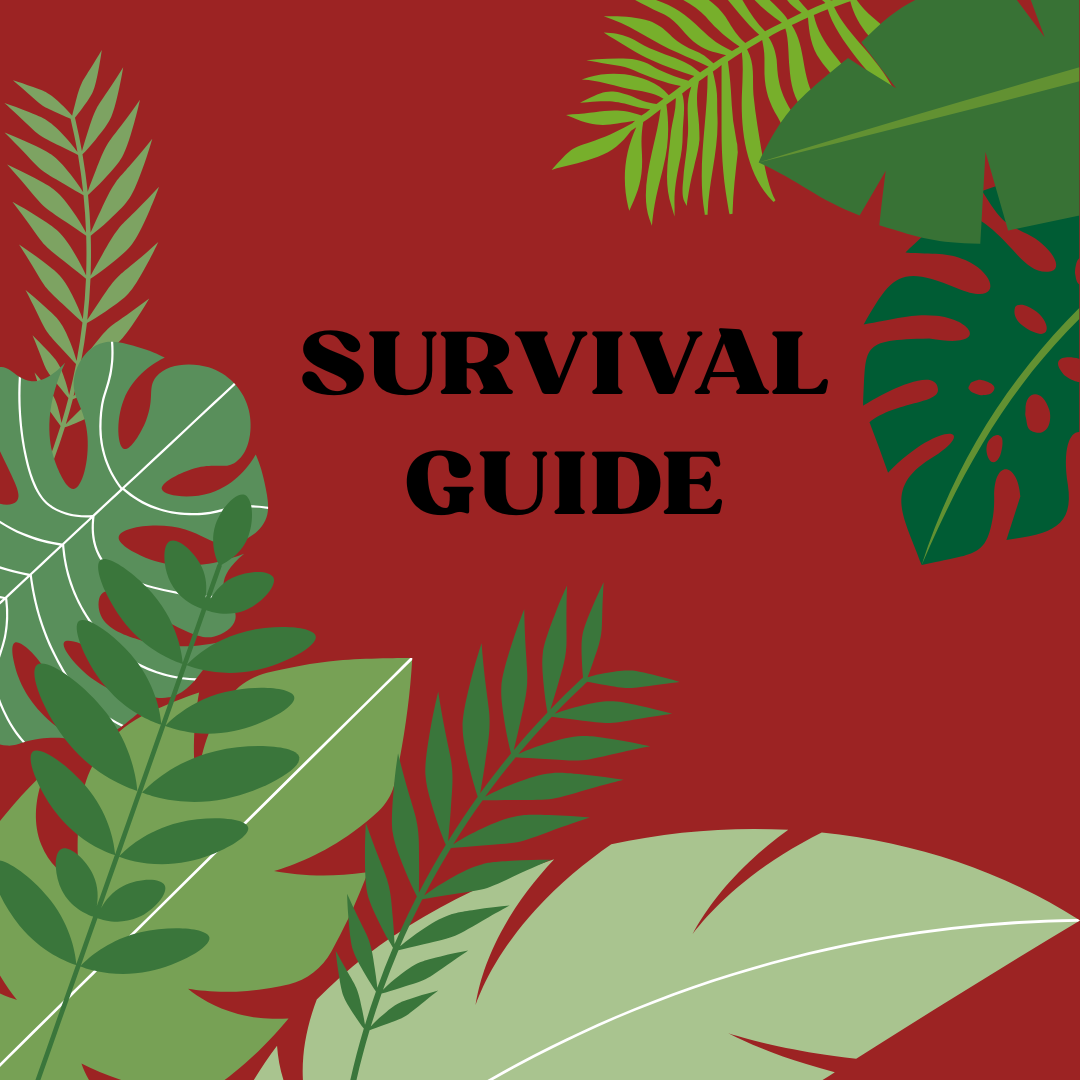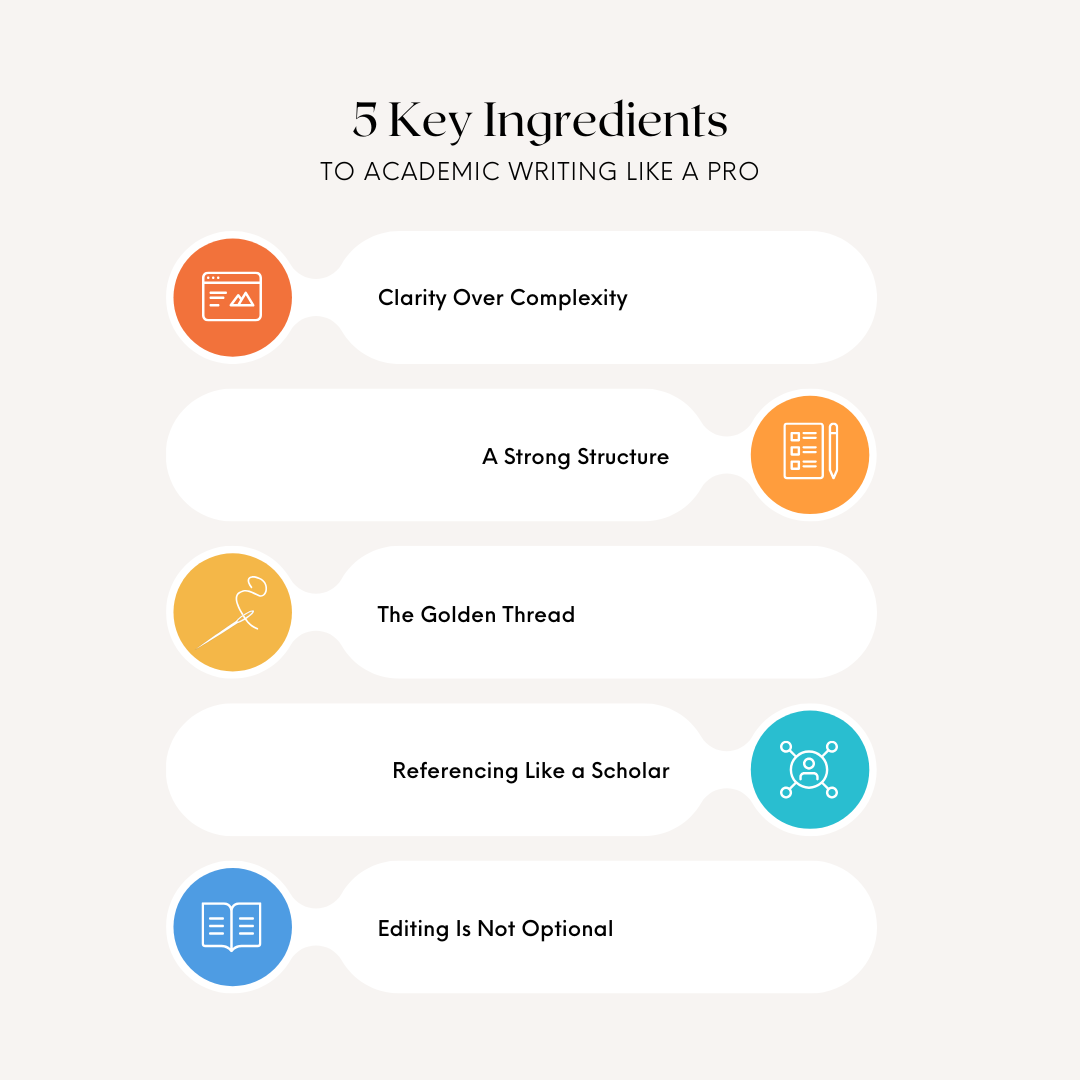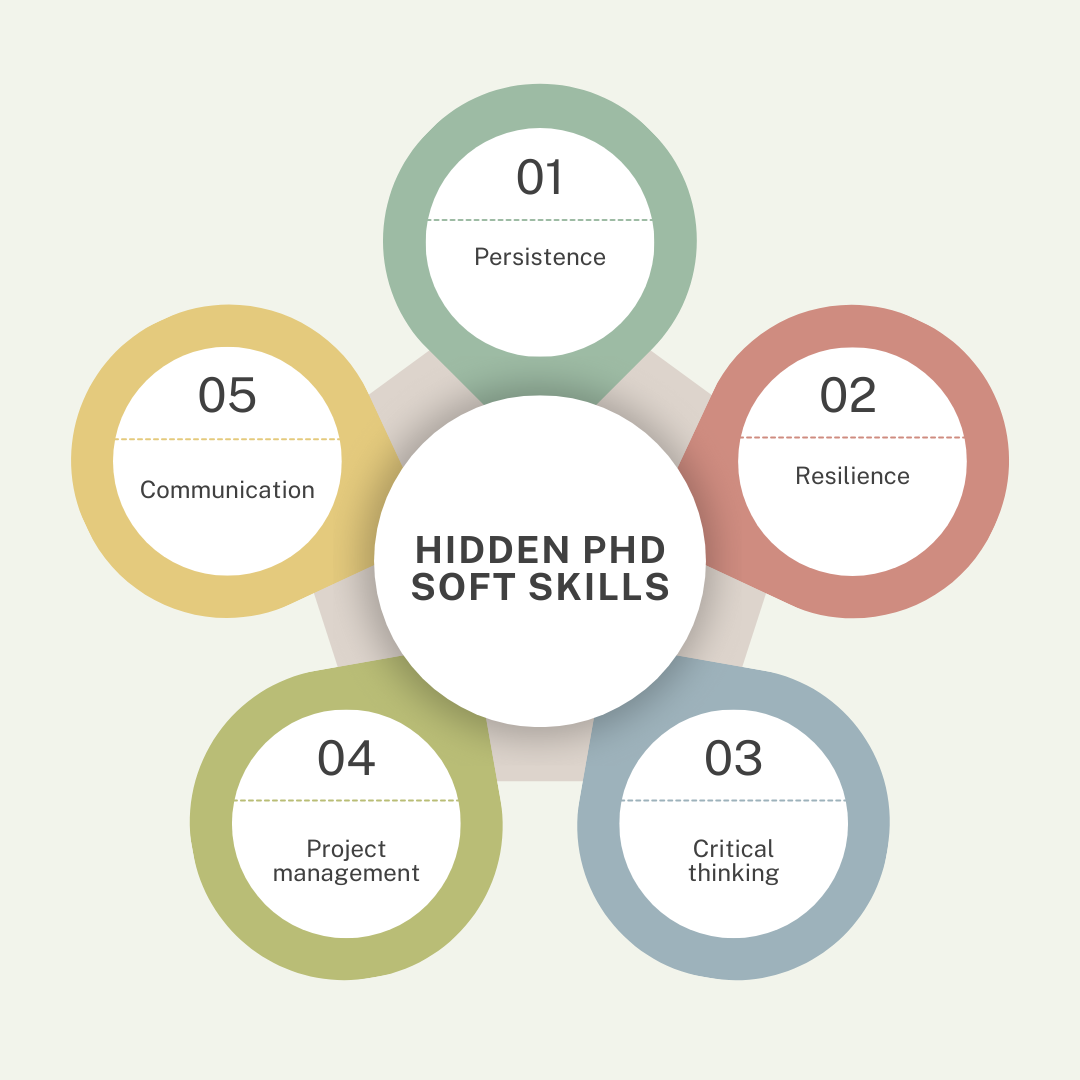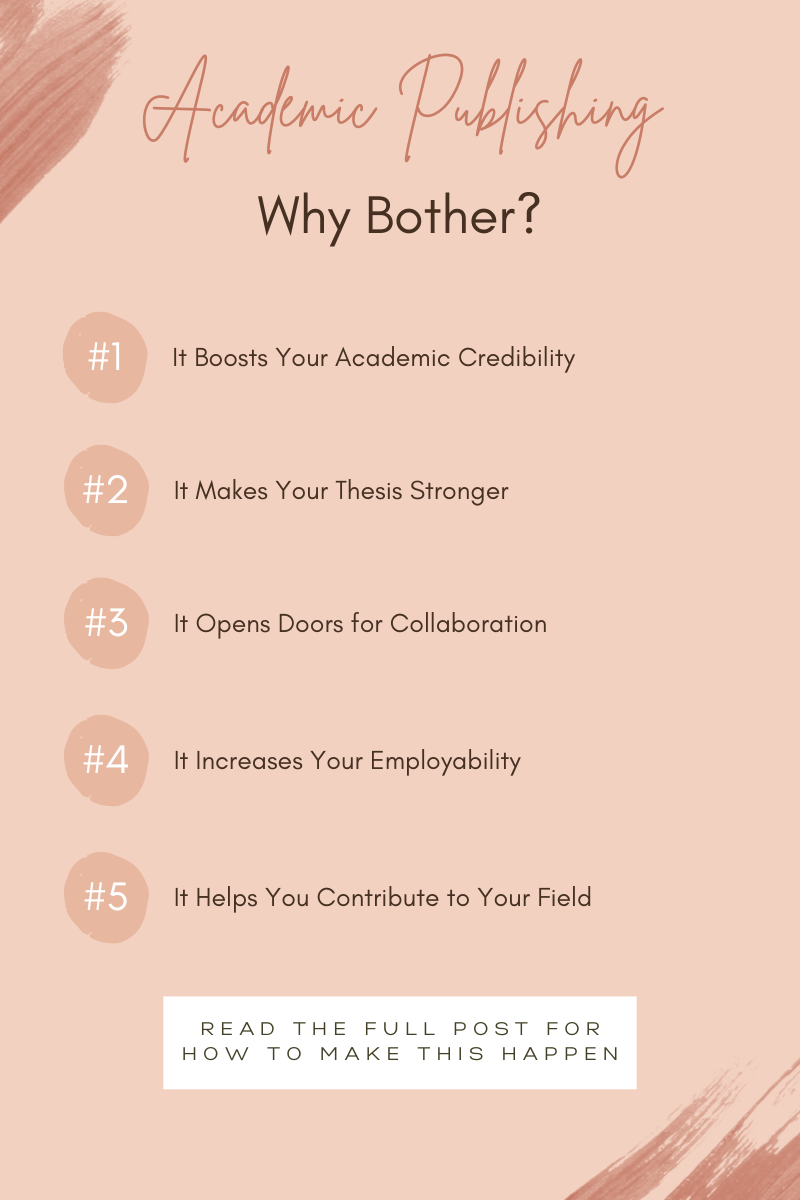-

Managing Your Motivation During Your PhD: A Survival Guide
•
Hmm, motivation. That elusive force that seems to come and go at will, especially when you’re doing a PhD. One moment, you’re bursting with inspiration and convinced you’re the next Einstein; the next, you’re staring blankly at your screen, wondering if you should just start a bakery instead (I had this exact thought!). Sound…
-
How to Deal with Contradictory Literature in Your Academic Writing
•
Ah, the joys of academic writing! You set out to build a solid literature review, only to find that half the papers say one thing, and the other half completely disagree. It’s like watching scholars engage in a never-ending intellectual tennis match. But don’t worry—contradictory literature isn’t a roadblock; it’s an opportunity to strengthen…
-

The Importance of a Support System During Your PhD
•
Embarking on a PhD journey is often compared to running a marathon—but let’s be honest, it’s more like an ultra-marathon through a maze, in the dark, with a backpack full of imposter syndrome. It’s intellectually demanding, emotionally exhausting, and socially isolating if you’re not careful. That’s why having a strong support system isn’t just…
-

How to Avoid Burnout During Your PhD: A Survival Guide
•
Ah, the PhD journey—equal parts exhilarating and exhausting. You set off with dreams of intellectual breakthroughs, only to find yourself drowning in deadlines, caffeine, and imposter syndrome. Sound familiar? If so, you might be teetering on the edge of burnout, that sneaky little gremlin that turns passionate researchers into sleep-deprived zombies. But fear not!…
-

The Art of Academic Writing: Crafting Words Like a Pro
•
Academic writing. Two words that strike both awe and fear into the hearts of students and researchers everywhere. It’s the language of knowledge, the vehicle for sharing your groundbreaking ideas with the world—yet somehow, it can also feel like deciphering an ancient code while juggling flaming swords. But fear not! With a little finesse…
-
Demystifying Research Philosophy: Making Sense of the Madness
•
If you’ve ever heard the phrase “research philosophy” and immediately felt a wave of panic, you’re not alone. It sounds suspiciously like something that requires a deep understanding of ancient scholars and the ability to quote Socrates on demand. Thankfully, it’s not nearly that dramatic. In fact, research philosophy is simply the foundation of…
-
How to Synthesise Information in Your Literature Review: What Does It Even Mean?
•
Ah, the literature review—the part of your dissertation where you wade through an ocean of journal articles, desperately trying to make sense of it all. You’re told to “synthesise” the literature, but what does that even mean? Is it just summarising a bunch of papers? Copying and pasting quotes until it looks academic enough?…
-

The Hidden Curriculum: 5 Soft Skills You Master During a PhD (That Make You Invaluable in Any Career)
•
So, you’re doing a PhD. Or maybe you’re thinking about it. Either way, you probably already know that it’s not just about producing an earth-shattering dissertation. Along the way, you acquire an elite set of soft skills that most people only dream of. These are the skills that make you adaptable, employable, and the…
-
Why Making Mistakes During Your PhD is the Best Thing That Can Happen to You
•
If you’re knee-deep in a PhD, chances are you’ve had your fair share of moments where you’ve thought, “Well, that was a disaster.” Maybe an experiment went spectacularly wrong, a journal rejected your paper (again), or your theoretical framework crumbled under scrutiny. If so, congratulations! You’re doing your PhD right. Mistakes aren’t just inevitable;…
-

The Importance of Creating Publishable Work During Your PhD (and How to Do It Without Losing Your Sanity)
•
Ah, the PhD journey—a thrilling adventure filled with moments of brilliance, long nights of existential dread, and an alarming number of coffee refills. While the ultimate goal is to produce a thesis, one crucial (and often overlooked) aspect is creating work that is actually publishable. Because let’s be real, after spending years agonising over…